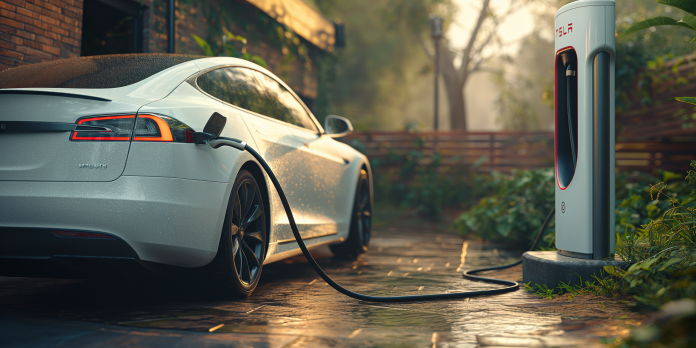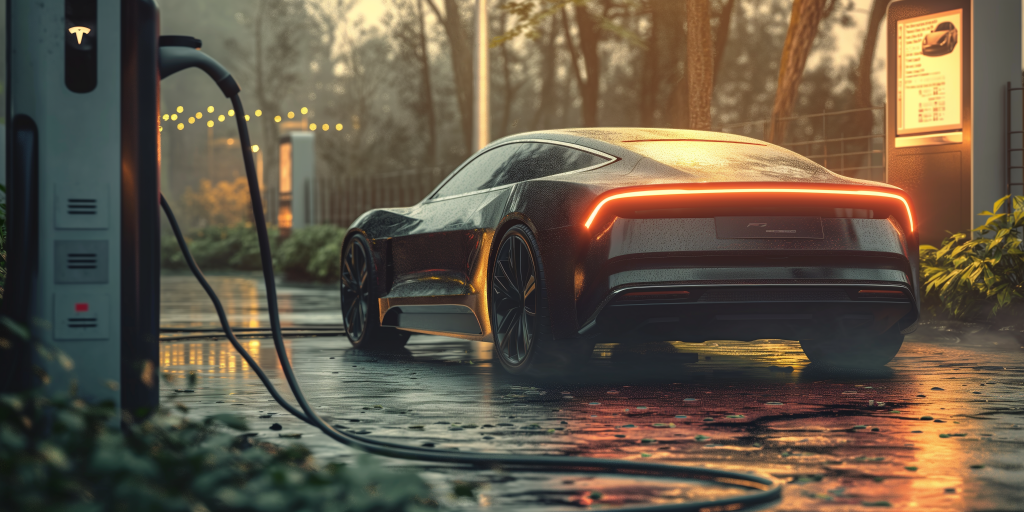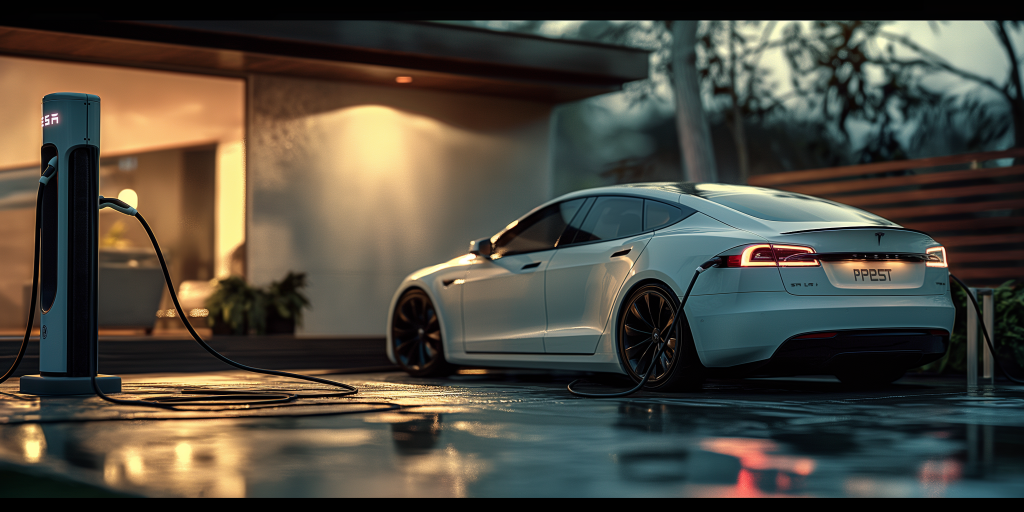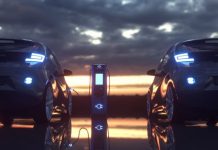Introduction to Electric Car Batteries
Electric car batteries are the heart of electric vehicles (EVs), providing the necessary power to propel the car and operate its various systems. These batteries are pivotal for the car’s range and performance and for reducing our carbon footprint. Understanding the basics of electric car batteries is essential for anyone considering switching to an electric vehicle.
Types of Electric Car Batteries
Several types of batteries are used in electric cars, each with its own advantages and characteristics.
- Lithium-Ion Batteries: Currently the most common type in modern EVs, lithium-ion batteries are known for their high energy density and efficiency. They are lightweight and have a longer lifespan than other battery types, making them ideal for electric cars. They charge quickly and can store significant energy, translating into a longer driving range.
- Nickel-metal hydride Batteries are primarily used in hybrid vehicles rather than fully electric cars. They have a good lifespan and are more environmentally friendly in terms of disposal compared to older types like lead-acid batteries. However, they are less energy-dense than lithium-ion batteries and can suffer from higher self-discharge rates.
- Solid-State Batteries: This emerging technology promises even higher energy densities, faster charging times, and improved safety due to their non-flammable solid electrolyte. Although not yet widely available in commercial EVs, solid-state batteries represent the future of electric car technology, potentially offering longer ranges and lower costs.
How Electric Car Batteries Work
Electric car batteries operate on basic electrochemical principles.
- Components: Each battery consists of an anode, cathode, and electrolyte. The anode and cathode are made of different materials that facilitate the flow of electrons during charging and discharging.
- Charging and Discharging: Lithium ions move from the cathode to the anode and store energy when the battery charges. These ions return to the cathode during discharge, releasing energy that powers the electric motor.
- Battery Management System (BMS): The BMS is crucial for maintaining the battery’s health. It monitors the battery’s state, manages the charge and discharge processes, and ensures the battery operates within safe limits. This system helps prevent overcharging, overheating, and deep discharge, which can degrade the battery.
Charging Electric Car Batteries
Charging an electric car battery can be done in several ways, each with its own convenience and speed.
- Charging Methods:
- Home Charging (Level 1 and Level 2): Level 1 charging uses a standard 120-volt outlet and is the slowest method, often taking up to 20 hours to fully charge. Level 2 charging uses a 240-volt outlet, similar to what is used for large appliances, and can fully charge a car in about 4 to 8 hours.
- Public Charging Stations (DC Fast Charging): These stations use direct current (DC) to charge batteries much faster than home chargers. A typical DC fast charger can bring an electric car’s battery from 20% to 80% in about 30 minutes.
- Charging Time: The time required to charge depends on the battery capacity, the type of charger used, and the current state of the battery. Higher capacity batteries and faster chargers reduce charging time significantly.
- Costs: Home charging can be economical, especially during off-peak hours when electricity rates are lower. Installing a home charging station may involve an initial investment, but the convenience and savings over time can offset it. Public charging stations might charge a fee based on the time or amount of energy used, and some locations offer free charging to promote EV adoption.
Maintaining Electric Car Batteries
Proper maintenance can extend the life and performance of electric car batteries.
- Best Practices:
- Optimal Charging Habits: Avoid letting the battery charge drop to zero or rise to 100% too frequently. Keeping the battery level between 20% and 80% can help maintain its health.
- Temperature Management: Extreme temperatures can affect battery performance and lifespan. Parking in the shade or a garage during hot weather and using battery thermal management systems can help.
- Regular Maintenance Checks: Professional periodic inspections can detect potential issues early and ensure the battery and its components are functioning correctly.
- Battery Lifespan: The typical lifespan of an electric car battery is around 8 to 15 years, depending on usage and maintenance. Manufacturers often provide battery warranties, typically covering 8 years or 100,000 miles, whichever comes first.
Environmental Impact
Electric car batteries play a crucial role in reducing greenhouse gas emissions.
- Sustainability: EVs produce no tailpipe emissions, significantly reducing air pollution compared to internal combustion engine vehicles. The electricity used to charge EVs can come from renewable sources, further minimising their environmental impact.
- Recycling: Battery recycling is essential to address the environmental concerns associated with battery disposal. Recycling methods recover valuable materials like lithium, cobalt, and nickel, which can be reused in new batteries. This reduces the need for mining raw materials and minimises waste.
Future Trends
The future of electric car batteries looks promising, with continuous advancements and innovations on the horizon.
- Technological Advancements: Researchers are working on developing batteries with higher energy densities, faster charging capabilities, and longer lifespans. Innovations like solid-state, lithium-sulfur, and organic batteries could revolutionise the industry.
- Market Trends: As battery technology improves, electric car costs are expected to decrease, making them more accessible to a broader audience. Additionally, improvements in charging infrastructure and government incentives will likely boost the adoption of EVs.
Moving Forward
Electric car batteries are a cornerstone of the EV revolution, offering a cleaner, more sustainable alternative to traditional gasoline-powered vehicles. By understanding the types, workings, and maintenance of these batteries, their environmental benefits and future potential, beginners can make informed decisions about adopting electric vehicles. As technology advances, electric car batteries will evolve, driving us towards a greener future.
Whether you’re considering your first electric car or just curious about the technology, this guide provides a solid foundation to get you started. Stay informed and embrace the exciting journey towards sustainable transportation.












































